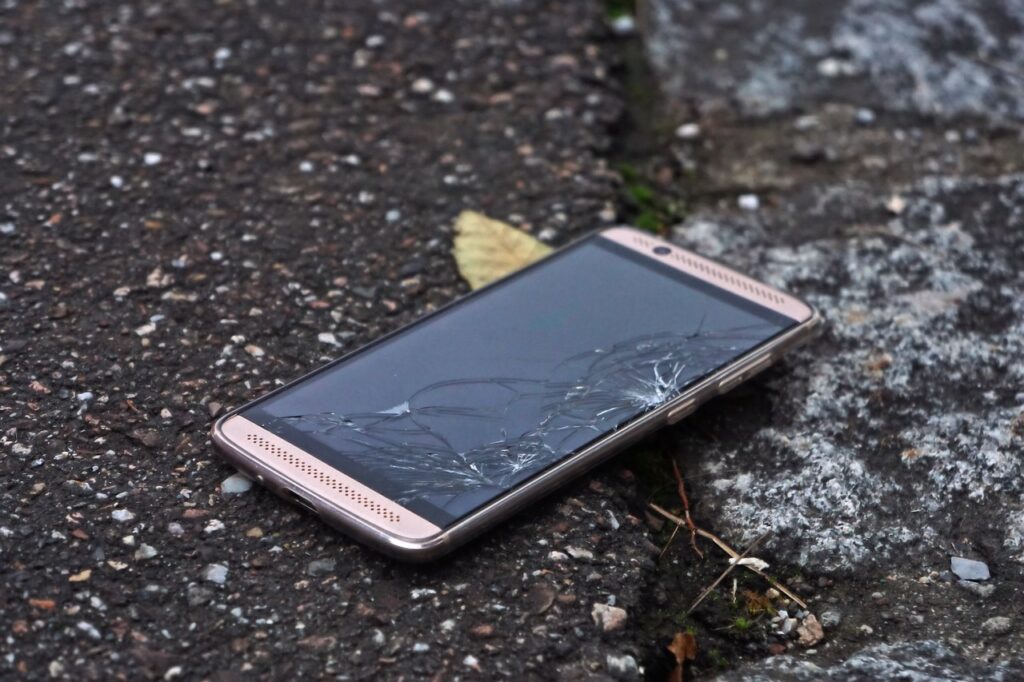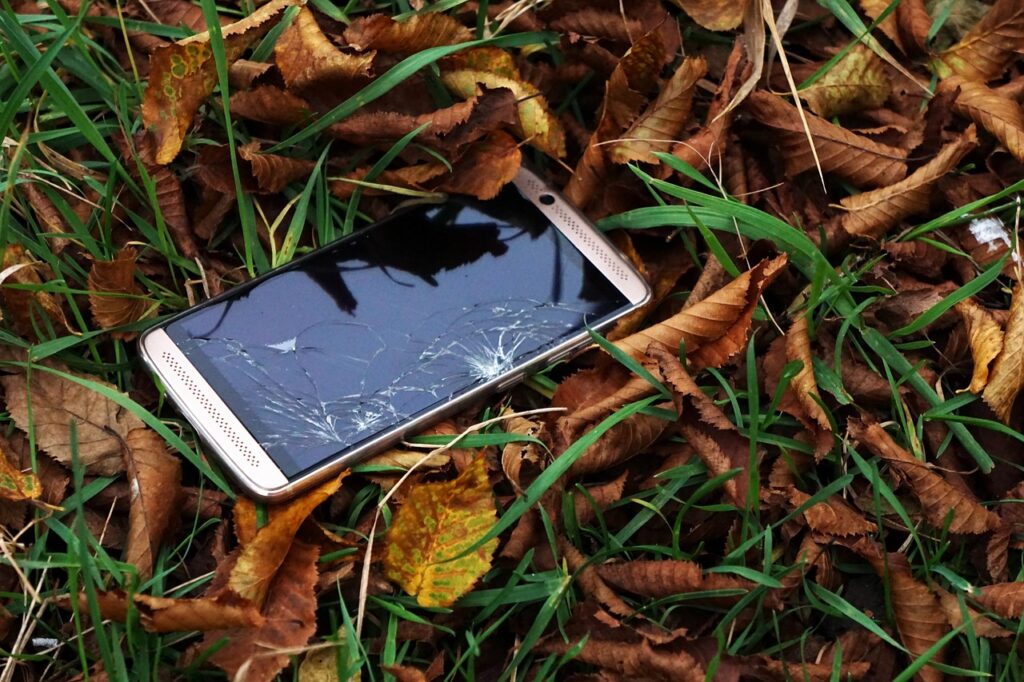How to Recycle Electronics: A Guide for Eco-Friendly Consumers
Electronics are an essential part of our modern lives, but they also pose a serious environmental problem. According to the United Nations, 53.6 million tons of e-waste was discarded in 2019, and only 17.4 percent of it was disposed of properly1. E-waste contains valuable materials such as metals, plastics, and glass, but also toxic substances such as lead, mercury, and cadmium. If not recycled properly, e-waste can pollute the air, water, and soil, and harm human health and wildlife.
Fortunately, there are ways to recycle electronics responsibly and reduce your environmental impact. In this article, we will share some tips on how to recycle electronics properly and where to find the best options for doing so.
Why Should You Recycle Electronics?
Recycling electronics has many benefits for both the environment and your wallet. Here are some of the reasons why you should recycle electronics:
- Recycling electronics conserves natural resources and energy. For every million cell phones we recycle, 35 thousand pounds of copper, 772 pounds of silver, 75 pounds of gold and 33 pounds of palladium can be recovered2. Recycling one million laptops saves the energy equivalent to the electricity used by more than 3,500 U.S. homes in a year2.
- Recycling electronics reduces greenhouse gas emissions and pollution. By recycling electronics, you can prevent the release of harmful substances into the environment and reduce the need for mining and manufacturing virgin materials.
- Recycling electronics saves you money and space. By recycling electronics, you can free up some space in your home and avoid paying fees for disposing of them in landfills. You may also get some cash or credit for your old devices or donate them to a good cause.
How to Recycle Electronics Properly?
Before you recycle your electronics, there are some steps you need to take to ensure that you are doing it safely and correctly. Here are some tips on how to prepare your electronics for recycling:
- Delete all personal information from your devices. You don’t want to risk exposing your sensitive data to strangers or hackers. To do this, you need to wipe your devices clean or reset them to factory settings. Simply deleting files or formatting your drives is not enough, as they can still be recovered with special software. You can use tools like [Eraser] or [DBAN] to securely erase your data.
- Remove any batteries from your devices. Batteries contain chemicals that can leak or explode if not handled properly. They also need to be recycled separately from other electronic components. You can find battery recycling locations near you at [Call2Recycle] or [Earth911].
- Sort your devices by type and condition. Different types of electronics may have different recycling options and requirements. For example, some devices may be eligible for trade-in programs or donations, while others may need to be sent to certified recyclers or drop-off locations. You can also separate your devices by their condition, such as working or broken, to determine their value or potential use.

"Avoiding fast fashion brands is a crucial step towards creating a more ethical and sustainable wardrobe"

Where to Recycle Electronics?
Once you have prepared your devices for recycling, you need to find a place where you can drop them off or send them in. There are many options available for recycling electronics, depending on what type of device you have and where you live. Here are some of the most common ways to recycle electronics:
- Trade in your devices for cash or credit. Many manufacturers and retailers offer trade-in programs that allow you to exchange your old devices for money or store credit. This is a great way to get some value out of your unwanted electronics and upgrade to newer models. Some examples of trade-in programs are [Apple Trade In], [Best Buy Trade-In], [Amazon Trade-In], and [Gazelle].
- Donate your devices to charity or nonprofit organizations. If your devices are still in working condition, you can give them a second life by donating them to a school or nonprofit organization that can use them for education, communication, or social good. This way, you can help someone in need and support a cause you care about. Some examples of donation programs are [Computers with Causes], [World Computer Exchange], [Cell Phones for Soldiers], and [National Cristina Foundation].
- Send your devices to a reputable recycling facility. If your devices are broken or obsolete, you can send them to a certified recycler that will safely dismantle them and recover the materials for reuse or disposal. This way, you can ensure that your e-waste is handled responsibly and does not end up in landfills or illegal dumps. Some examples of certified recyclers are [E-Stewards], [Sustainable Electronics Recycling International], and [Electronic Recyclers International].
- Drop off your devices at a local collection point. If you don’t want to ship your devices or don’t have access to a recycling facility, you can drop them off at a local collection point that will accept them for recycling. This can be a convenient and easy way to get rid of your e-waste without much hassle. You can find local collection points near you at [Computer Technology Association’s Recycle Locator] or [Earth911’s recycling database].
Conclusion
Recycling electronics is not only good for the environment, but also for your wallet and your conscience. By following the tips and options we shared in this article, you can recycle electronics properly and make a positive difference in the world. Remember to always delete your personal information, remove your batteries, sort your devices, and choose a reliable recycling option. Happy recycling!
